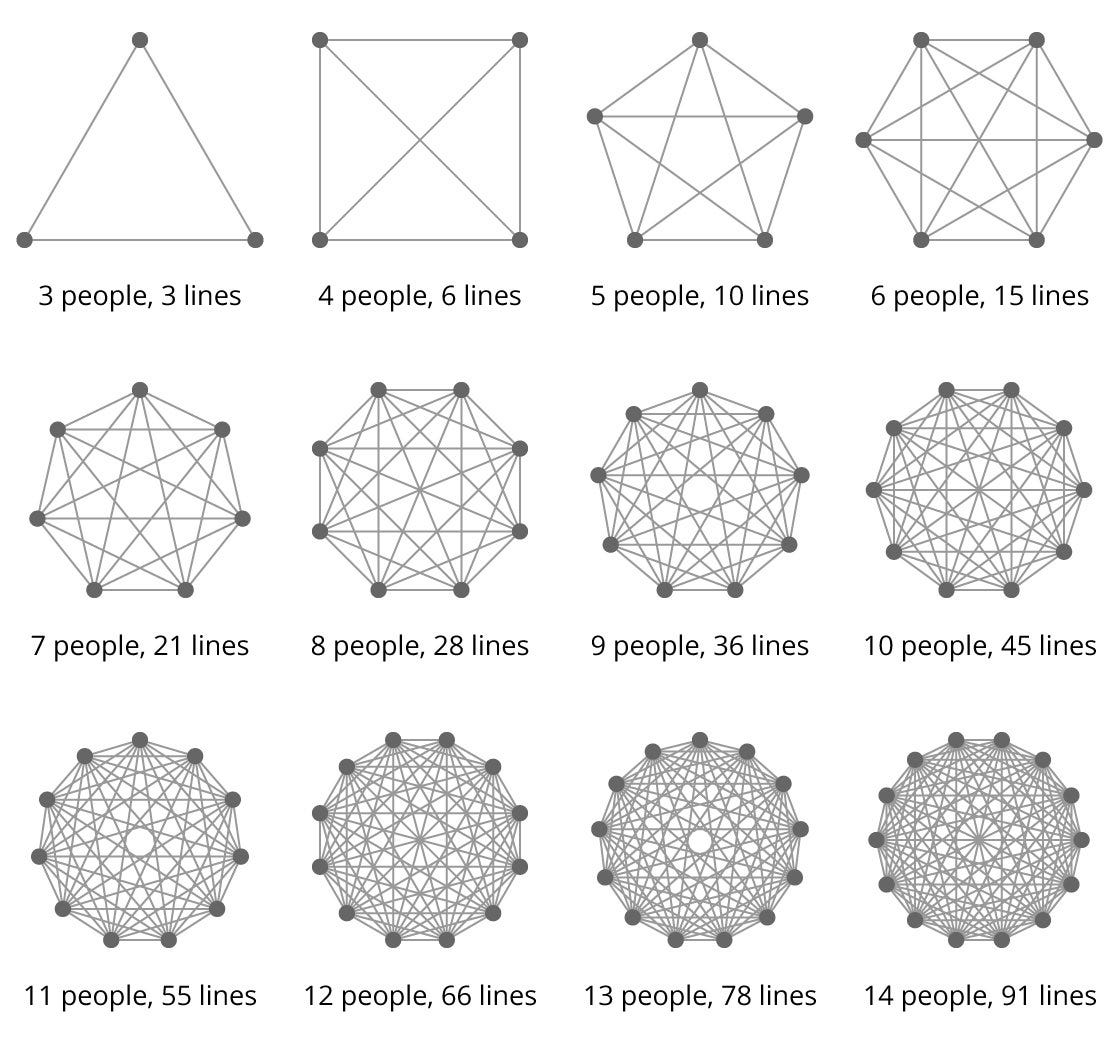Jason and Eiso explore the implications of Mark Zuckerberg's plan to flatten Meta's management layers and examine the current ratio of engineers to managers, questioning if this balance is truly efficient or if it's simply a byproduct of Silicon Valley culture.
Here are a few of our favorite moments from the conversation
An organization of a hundred people with 15 leaders is not a well-balanced organization.
Kobe might have his coach on the floor when he's doing his shots every day, but Kobe is the one putting up the shots. Kobe is the one who is sitting there doing the work, and this is where I think we flipped it around. Everyone wants a manager who is going to say, “I am there, I'm gonna advocate for you.”
Yes, they can do that, but for whatever reason, we feel that it's become, the manager has to do the work, not the person, because they're doing the work in the day-to-day job. That is not true. You have to do above and beyond the day-to-day job if you wanna progress above and beyond the day-to-day job.
We have the junior people mentored by the most junior people in terms of leadership, it's this weird cycle if you think about what's happening. It's basically the person who read the page before you come into class trying to teach you.
This goes back to the fallacy of engineering, which is: if you build the perfect system, everything will be great. If you build the perfect architecture, you'll never have to worry about it. And we know that not to be true. And the worst-performing companies in the world are those that never ship because of how risky it is.
If you've been a longtime listener of this podcast, you'll know all the following statement has been said, probably more than anything else, which is: There is no real leadership in Silicon Valley,
💡 Topic Explainers
☂️ The Shit Umbrella
The term "shit umbrella" refers to a person or role that takes the blame, criticism, or negative consequences for others in a group, team, or organization.
In other words, this person shields or protects others from the metaphorical "shit storm" of negative situations or outcomes.
This role is sometimes seen in managers, supervisors, or team leaders who take responsibility for the actions and performance of their subordinates, absorbing the pressure or negativity to allow their team to work without the burden of those consequences.
Jason mentions the term “shit umbrella” as it came out of Google, to describe one of the roles of engineering (and other) managers. The term, and this type of role, came about as a result of a specific, imperfect, environment, which is one of the main themes of the episode.
💬 Lines of Communication Chart
In this episode, Jason and Eiso discuss Lines of Communication with regards to team organization.
It's crucial to recognize that adding each team member and manager generates new communication pathways, so careful consideration is essential while constructing not just your engineering teams but your entire organization.
Dave Nicolette at Leading Agile provides an excellent explanation on the subject of communication within agile engineering teams:
Effective communication is key to any project. When collaborative methods are used, like the methods guided by Agile principles, the level of communication among workers is higher than with traditional methods. If you want to dive even deeper into this topic, check out Dave's article
Here's an illustrative example of this concept, sourced from Dave's blog post:
♟️ Newton’s Cradle
This is a throwback to our episode with Nuno Antunes.
Join the discussion and follow us on twitter @ devleadership_














